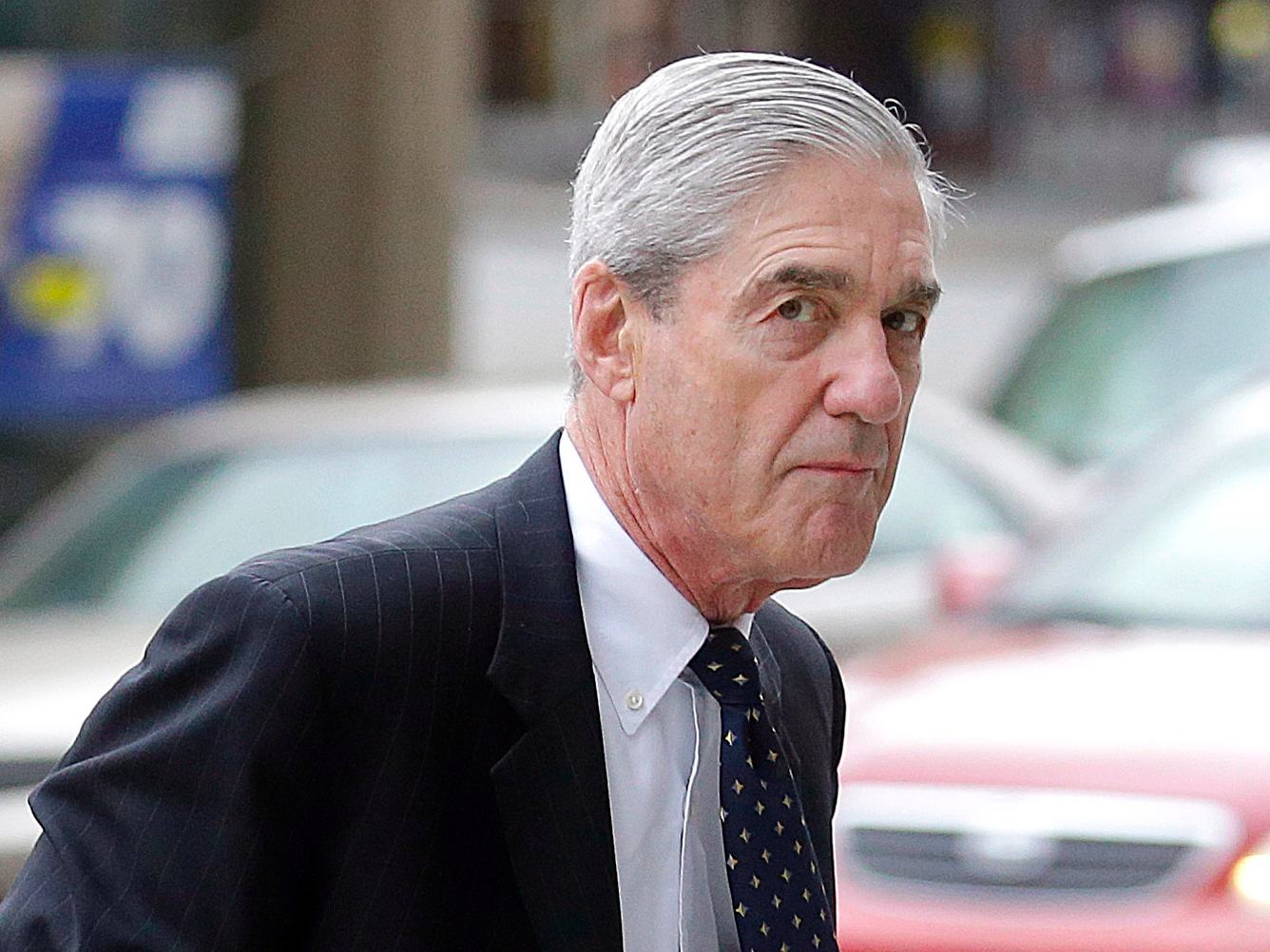Robert Mueller, the FBI’s special counsel in charge of the investigation of the Trump campaign’s ties to Russia, is now teaming up with a specialized financial crimes unit within the IRS, The Daily Beast reported Thursday, citing people familiar with the development.
The IRS’ Criminal Investigations unit is joining Mueller as the Russia probe focuses more closely on potential financial crimes possibly involving people within the Trump campaign. It was not immediately clear how many of the unit’s 2,500 agents would take part in Mueller’s investigation.
Martin Sheil, a retired former agent of the unit, told The Daily Beast’s Betsy Woodruff that the unit’s involvement is a sign Mueller is invested in beefing up a specific rank within his investigative team. Sheil told the publication that while the FBI has broad jurisdiction in counterintelligence and counterterror, “they simply don’t have the financial investigative expertise that the CI agents have.”
“When CI brings a case to a U.S. Attorney, it is done. It’s wrapped up with a ribbon and a bow. It’s just comprehensive,” Sheil told Woodruff.
The unit’s agents have expertise in matters like tax evasion and money laundering and the partnership follows a developing trend within the broader Trump-Russia inquiry, which has also seen a closer focus on key players like former campaign chairman Paul Manafort, who resigned from the campaign in August 2016 amid scrutiny over millions of dollars in undisclosed payments for work he performed on behalf of a pro-Russian Ukrainian political party.
FBI agents raided one of Manafort's homes in Alexandria, Virginia, last month.
Mueller also recently partnered with the New York state Attorney General Eric Schneiderman with a focus on Manafort's financial transactions.
The question of President Donald Trump's personal federal tax returns also comes back into focus with the IRS' reported cooperation with Mueller's team. Trump first delayed publishing his returns during the 2016 election, and later refused to reveal them at all, breaking a decades-long tradition in presidential politics and drawing closer scrutiny of his personal financial profile.

